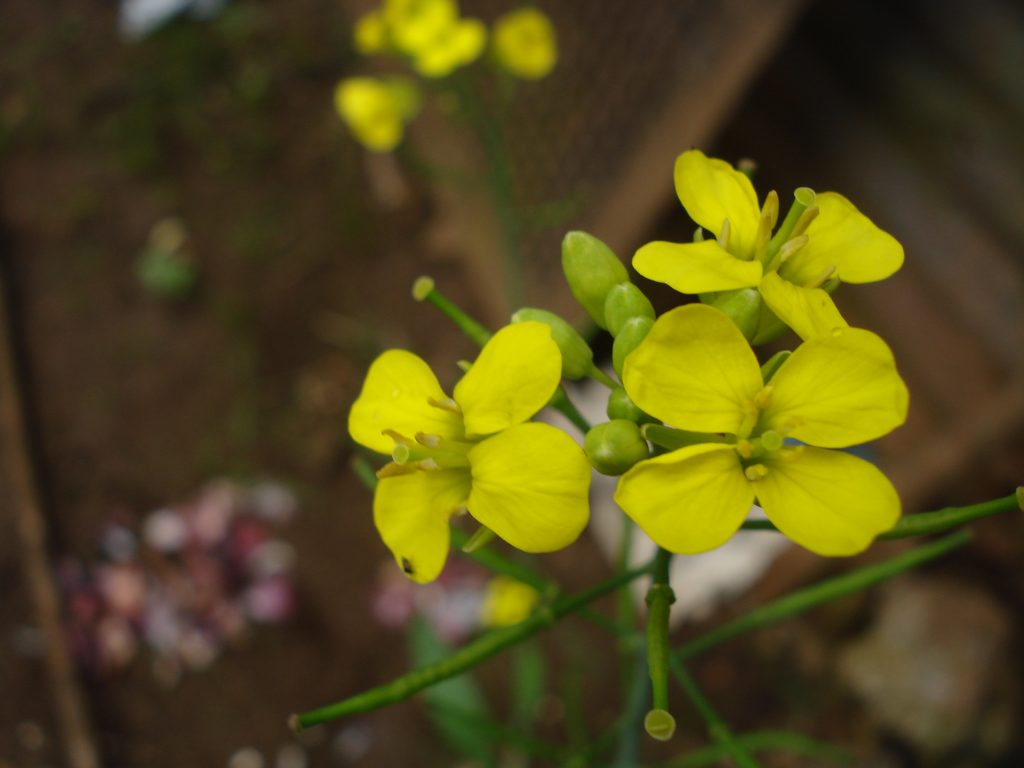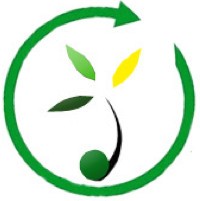
Industry
Brassica juncea (mustard) contributes between $50 and $100 million to Canada’s economy annually, with production currently concentrated primarily in Alberta. There are currently 20,000 acres of mustard being grown in the Maritime Provinces, the majority of which is being plowed under for use as green manure as a putative method of nematode and wireworm control. Mustard in the western region of Canada is a high-value crop sold around the world for food ingredients, biopesticides, bioactive and industrial oil use. Canada’s mustard supply usually ranges from 200,000 to 400,000 tonnes per year and is sold almost entirely under contract. ECODA and our partners believe mustard seed is highly valuable in many ways beyond its present use as a natural fumigant; i.e., as a cash crop.
When put in a rotation with a vegetable crop and organic matter incorporated as either green manure or following harvest as a residue plow-down, mustard has long-term positive impacts on soil health, providing a healthier environment for crop development, resulting in potentially higher yields for subsequent high-value crops. When mustard seeds are harvested and the residue used as a green manure, it has the potential to optimize economics and agronomics for the grower.
Research has shown that the 2-phenytethyl contained in mustard roots is toxic to wireworm when ingested and is an effective tool in integrated management of wireworm control. In 2016, the cost of wireworm control and crop damage resulting from wireworm infestation in potato crops reached $10.3 million in Prince Edward Island alone. Potatoes are grown in every province of Canada with a total farm value of over $1 billion. Due to the nature of tuber production, soil conditions are paramount. Soil diseases and insects are one of the biggest challenges in a potato rotation. Synthetic fumigants are a tool used to maintain pest and disease-free soils but often have negative impacts on the rhizosphere environment. Innovative and sustainable solutions are needed to help the potato industry thrive. Bio-fumigation, using brassicas plants in potato management, may offer a sustainable pest solution while improving soil health, insect management, weed suppression and increasing organic matter in the soil.
Research focus
ECODA is currently examining two opportunities for mustard: 1) Brassica juncea in rotation with potatoes for improved potato quality and biocontrol; 2) use of Brassica juncea intercrop with peas to improve soil health and per acre economic returns.
The first research activity will evaluate the agronomic and economic components of harvestable mustard crop in a potato rotation that will maintain good potato yield and quality as well as help manage disease and insect pressure. This information will be used to develop specific recommendations for farmers to reap the economic and agronomic benefits of a cash crop that can be used simultaneously as a biofumigant and improve soil health.
The second research activity targets the development of recommendations of a mustard/pea intercrop that delivers a higher return per acre versus a single crop over a single rotation year. This recommendation will also be based on high market potential and export value as well as improved soil health over the entire rotation of our agricultural lands.
ECODA’s 2019/2020 annual report / rapport annuel is available in both English and French.
